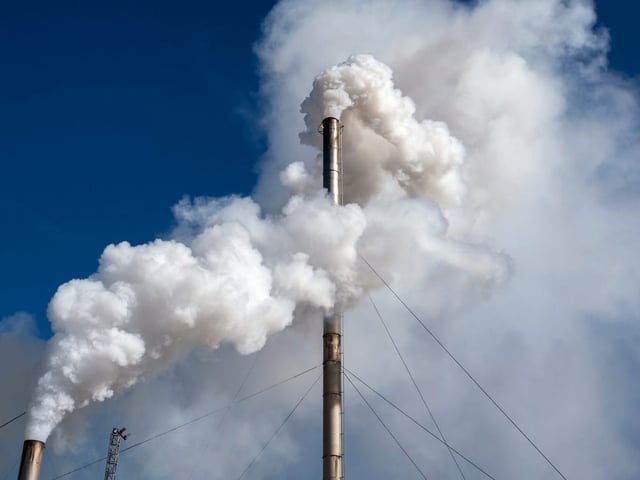Overview
- Rising temperatures linked to climate change are expected to cause persistent increases in food prices, with projections showing a potential annual inflation of up to 3.23% by 2035.
- The impact of climate change on food inflation is most pronounced in countries at lower latitudes and in the global south, where agriculture is more vulnerable.
- European countries experienced food inflation increases between 0.43 and 0.93 percentage points following record-breaking heat in the summer of 2022.
- Mitigation of greenhouse gas emissions could significantly reduce the inflationary pressures caused by climate change, highlighting the importance of decisive climate action.
- The study also warns of the challenges climate-related inflation poses to monetary policy and forecasting, increasing the difficulty of distinguishing between temporary supply shocks and persistent drivers.

